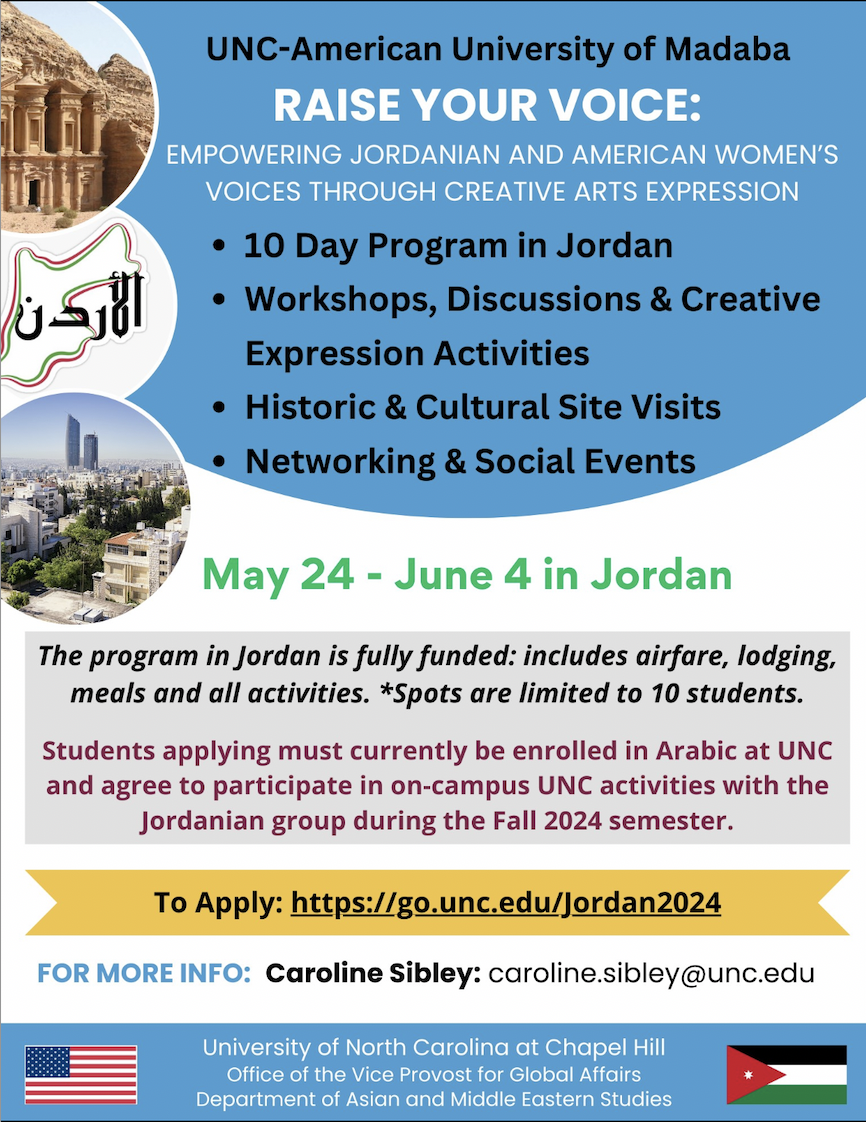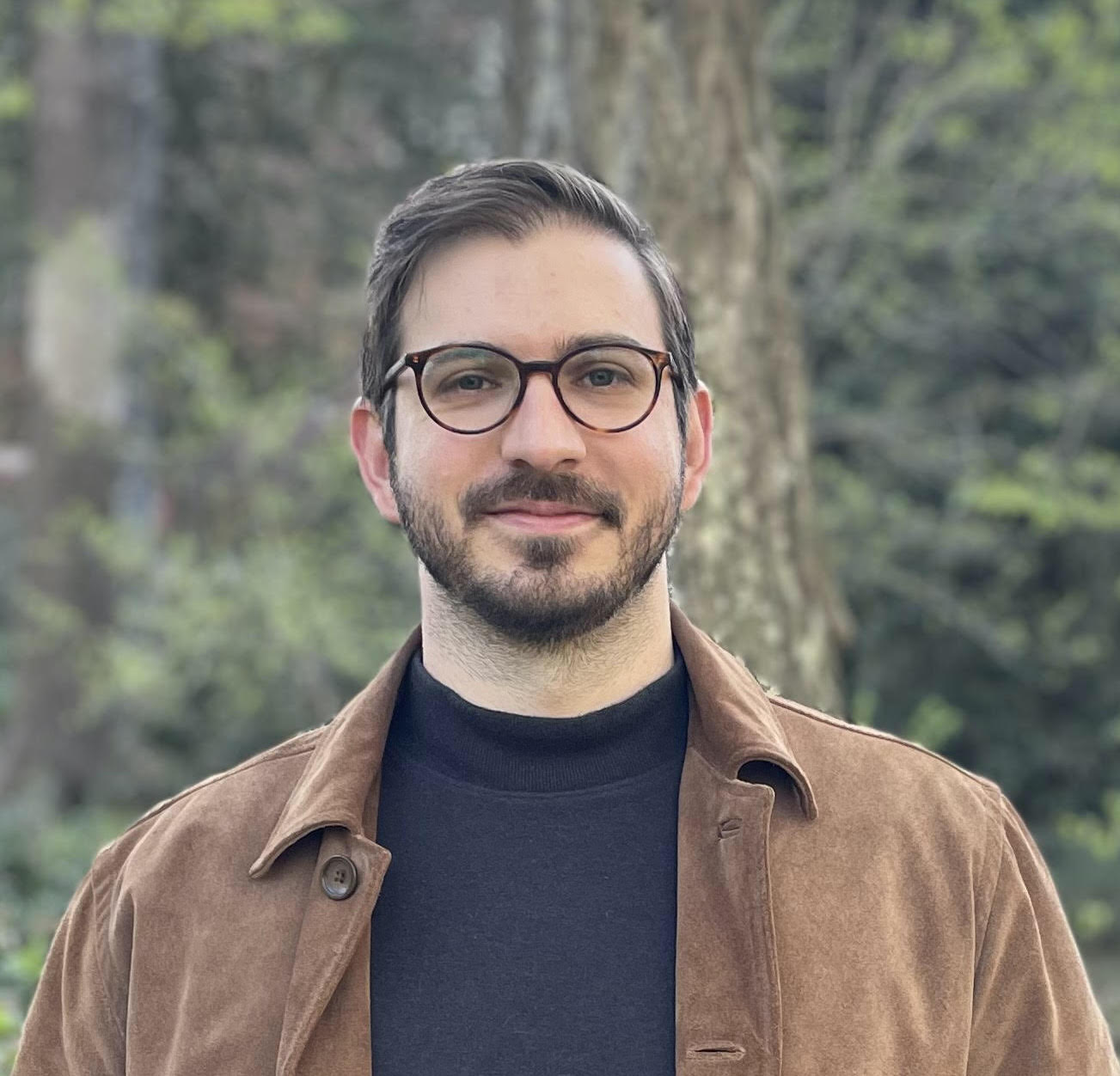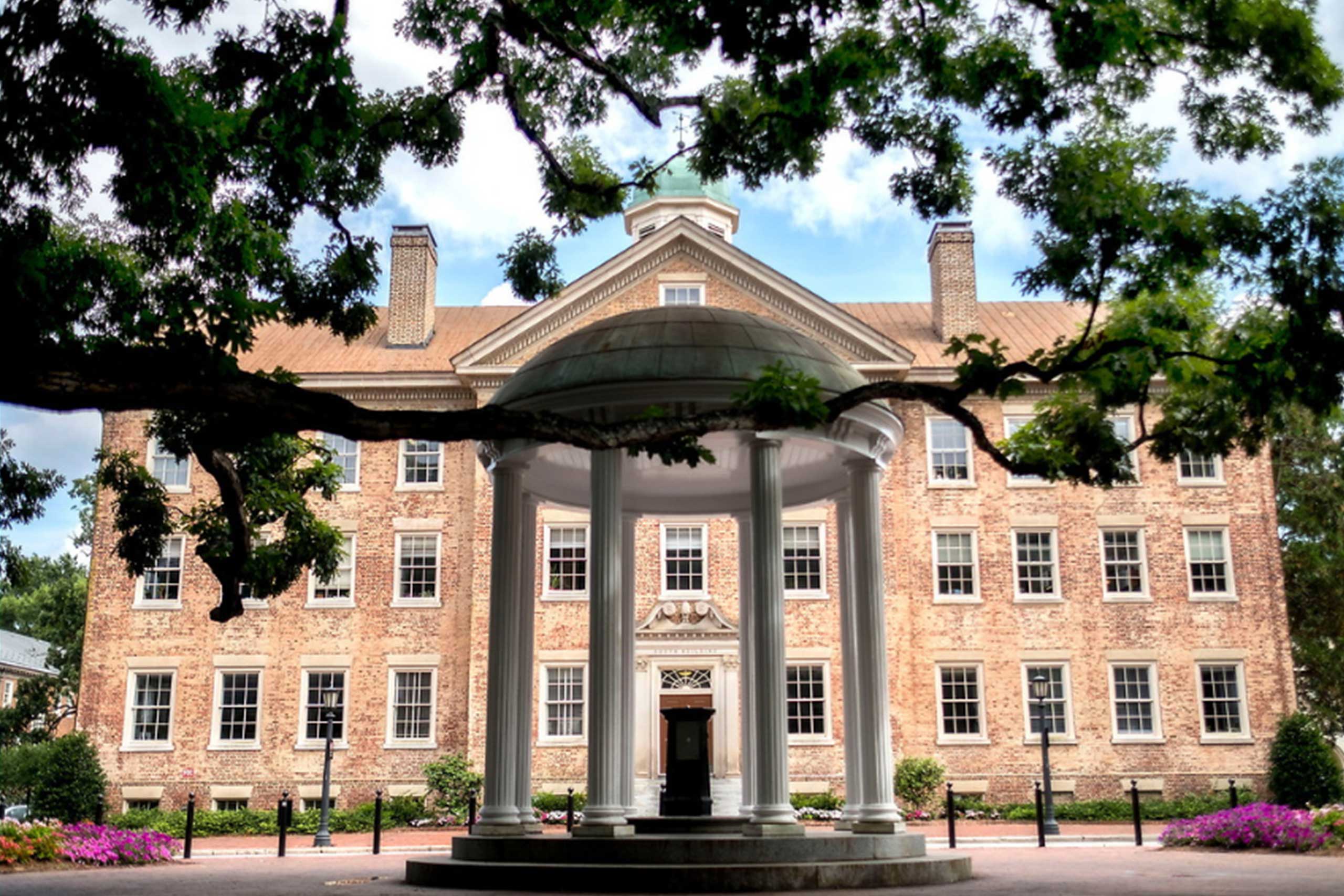 On November 12, 2019, the Center for Middle East and Islamic Studies (CMEIS) hosted a panel discussion on United States-Taliban negotiations. CMEIS invited three individuals to speak on the background of the negotiations, how they were conducted, and their potential impact.
On November 12, 2019, the Center for Middle East and Islamic Studies (CMEIS) hosted a panel discussion on United States-Taliban negotiations. CMEIS invited three individuals to speak on the background of the negotiations, how they were conducted, and their potential impact.
Panelists included Annie Pforzheimer, former Acting Deputy Assistant Secretary for Afghanistan, US Department of State, and Deputy Chief of Mission in Kabul, 2017-2018; Palwasha Kakar, Senior Program Officer for Religion and Inclusive Societies at the United States Institute for Peace, and former Afghanistan director for Women’s Empowerment and Development for The Asia Foundation; and Prof. Barnett Rubin, Associate Director and Senior Fellow, Afghanistan-Pakistan Regional Program, Center for International Cooperation at New York University.
Each panelist first introduced their work, experience in the region, and their expertise on the relationship between the United States, Afghanistan, and the Taliban. The panelists’ presentations were followed by a robust question and answer period with the audience facilitated center co-director, Charles Kurzman.
Two important points emerged from the discussion: the first was the three-day ceasefire between the Taliban and the Afghan government in June 2018 for the celebration of Eid-al-Fitr at the end of the holy month of Ramadan. Kakar, an Afghan-American who has spent time in Afghanistan researching how religion and culture can be used to establish peace, emphasized that this celebratory time allowed for conversations between two groups that often do not communicate with each other. “As the Afghan civilians and Taliban came into the city for Eid, it was clear how thirsty everyone is for peace,” she remarked.
The second focal point of the discussion was the November 2019 decision of the Afghan government to release three high-ranking Taliban prisoners in exchange for two hostages held by the group, one American and one Australian. While theorizing different consequences of this prisoner swap, all panelists agreed it would be a significant event in the trajectory of negotiations with the Taliban.
While the negotiations and proposals for peace in Afghanistan are ongoing, the panelists’ presentation and ensuing discussion shed light on the complexities of the Afghan peace process.
This event was organized by the Center for Middle East and Islamic Studies, co-sponsored by the Department of Asian Studies; Curriculum in Peace, War, and Defense; Chancellor’s Global Education Fund; College of Arts & Sciences; Triangle Institute for Security Studies; Conflict Management Initiative; and Duke-UNC Consortium for Middle East Studies.
Stephanie Jeselson, UNC 2020






